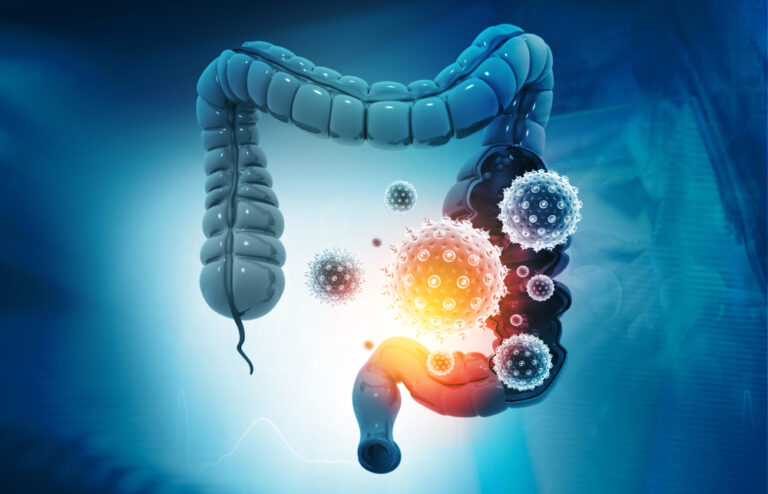Kanser ve Oruç
Ramazan ayında kanser hastalarına uyarı
Opr. Dr. Oktay Çelik, her koşulda, kanser tedavisi gören kişilerin uzun günlerde ve sıcak havalarda vucutlarını zorlamadan, bol sıvı alarak, serin ve gölgede istirahat ederek geçirmeleri tavsiyesinde bulundu.
Opr. Dr. Oktay Çelik, yazılı açıklamasında, kanser ve açlık ilişkisinin sürekli konuşulan ve ramazan ayı nedeniyle de gündemde olan bir konu olduğunu hatırlatarak kemoterapi, radyoterapi gibi aktif tedavi alan ve yakın tarihte ameliyat olmuş hastalara hekimlerine danışmadan oruç tutmamalarını tavsiye etti.
Çelik, akut tedavi döneminde kemoterapi ve radyoterapinin ameliyat olan hastaya ciddi bir yük bindirdiğini vurgulayarak şunları kaydetti:
“Hastayı ciddi manada yoksunluk sendromuna, açlığa sürüklemekte. Hastaların özellikle sıcak havalarda aç ve susuz kalırlarsa vücutlarındaki dengelerin bozulacağını biliyoruz. Uygulanan tedavinin, bulantı, kusma, halsizlik, iştahsızlık, ağrı, ishal veya kabızlık gibi pek çok yan etkisi olabiliyor. Söz konusu yan etkiler nedeniyle iştah azalıyor ve dolayısıyla vücuda kalori alımında da azalmalar oluyor. Aynı zamanda tedavi sırasında kişiyi birçok yönden etkileyen ilaçlar, vücuttan ancak böbrek ve karaciğer yoluyla atılıyor. Bu nedenle kemoterapi alan kişilerin sıvı ve gıda alımı hem tedavinin devam etmesi hem de tedavinin yan etkilerinden korunması için oldukça önem taşıyor.”
Oruç sırasında beslenme ve uyku düzenindeki değişikliklerin, vücudun dengesini etkileyebildiğini anlatan Çelik, kabızlık, sıvı ve tuz kaybının bağışıklık sisteminin zayıflamasına ve strese neden olabildiğini belirtti.
Çelik, kanser tedavisi sırasında kişilere oruç tutmayı önermediklerini belirterek, şu tavsiyelerde bulundu:
“Ancak kanser tedavisini tamamlamış ve takipte olan kişiler örneğin meme kanseri ameliyatı olmuş bir hasta aradan 5-6 ay bir süre geçmişse, aktif tedavisi bitmişse bu hastaların aynı yıl içinde oruç tutmalarına müsaade edebiliyoruz. Hastanın oruç tutabilmesi için gastrointestinal sistem dışında bir tümör ve hastanın tedavisinin de hastayı hırpalayacak bir düzeyde olmaması gerekiyor. Akut dönemde dediğimiz bizim kemoterapi, radyoterapi yoğun aldığı dönemde ise hiçbir şekilde oruç tutmalarını önermiyoruz. Özellikle yaz aylarında ve sıcak havalarda oruç tutarlar ise ; vucutlarında ciddi manada vitamin, gıda, su açısından eksikliğin oluşabileceği bir ortamda hekimlerine danışmadan herhangi bir şey yapmalarını önermiyoruz. Her koşulda, kanser tedavisi gören kişilerin yaz aylarını vücutlarını zorlamadan, bol sıvı alarak, serin ve gölgede istirahat ederek geçirmelerini öneriyoruz.”
Cancer and Fasting
Warning to cancer patients during Ramadan
Opr. Dr. Oktay Çelik advised that under all circumstances, people undergoing cancer treatment should spend long days and hot weather without straining their bodies, drink plenty of fluids, and rest in a cool and shaded place.
Opr. Dr. In his written statement, Oktay Çelik reminded that the relationship between cancer and hunger is an issue that is constantly talked about and is on the agenda due to the month of Ramadan, and advised patients who are receiving active treatment such as chemotherapy, radiotherapy and who have recently undergone surgery not to fast without consulting their physicians.
Çelik emphasized that chemotherapy and radiotherapy during the acute treatment period put a serious burden on the patient who underwent surgery and said:
“It drives the patient into serious withdrawal syndrome and hunger. We know that if patients remain hungry and thirsty, especially in hot weather, the balance in their bodies will be disrupted. The treatment applied may have many side effects such as nausea, vomiting, weakness, loss of appetite, pain, diarrhea or constipation. These side effects are Because of this, appetite decreases and therefore calorie intake decreases. At the same time, drugs that affect the person in many ways during treatment are excreted from the body only through the kidneys and liver. For this reason, fluid and food intake of people receiving chemotherapy is necessary both to continue the treatment and to protect them from the side effects of the treatment. It’s very important.”
Explaining that changes in nutrition and sleep patterns during fasting can affect the body’s balance, Çelik stated that constipation, fluid and salt loss can weaken the immune system and cause stress.
Çelik stated that they do not recommend fasting during cancer treatment and gave the following advice:
“However, for people who have completed their cancer treatment and are being followed up, for example, a patient who had breast cancer surgery, if 5-6 months have passed and their active treatment has ended, we can allow these patients to fast within the same year. In order for the patient to fast, a tumor other than the gastrointestinal system and the patient’s treatment must be completed. It should not be at a level that will distress the patient. We do not recommend them to fast in any way during the period during which they receive intensive chemotherapy or radiotherapy, which we call the acute period. Especially if they fast in the summer months and in hot weather, in an environment where their bodies may be seriously deficient in vitamins, food and water, without consulting their physician. “We do not recommend that they do anything. Under any circumstances, we recommend that people undergoing cancer treatment spend the summer months without straining their bodies, drinking plenty of fluids, and resting in a cool and shaded place.”










